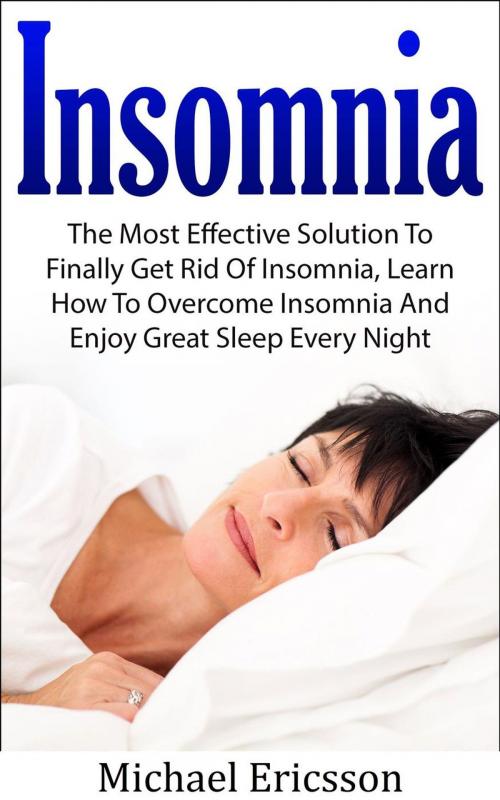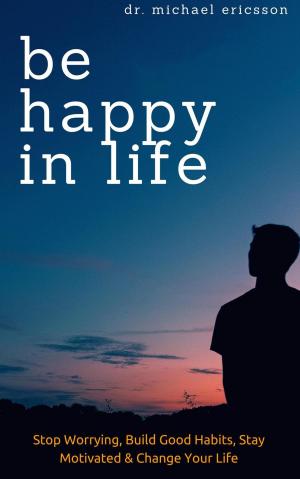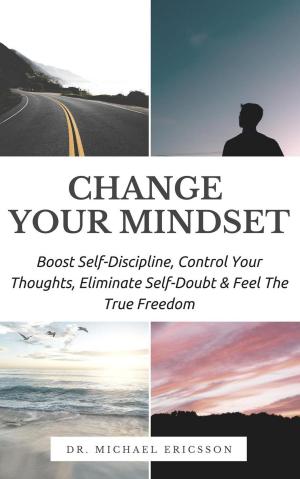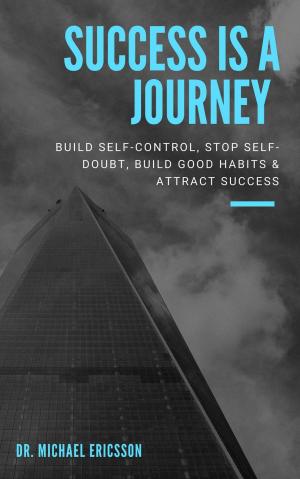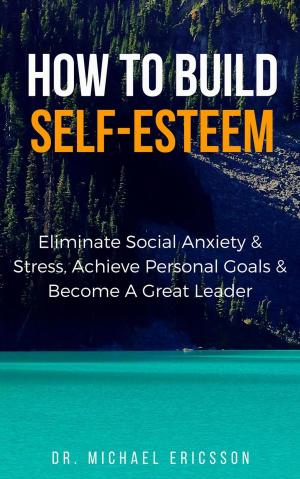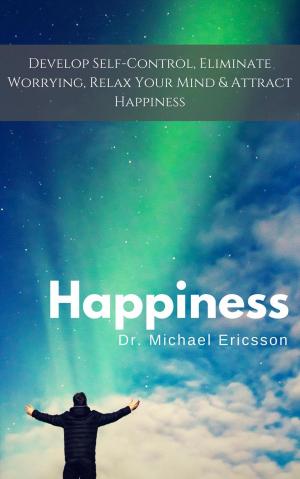Insomnia: The Most Effective Solution to Finally Get Rid of Insomnia, Learn How to Overcome Insomnia and Enjoy Great Sleep Every Night
Nonfiction, Health & Well Being, Health, Healthy Living| Author: | Dr. Michael Ericsson | ISBN: | 9781507085134 |
| Publisher: | Dr. Michael Ericsson | Publication: | February 3, 2015 |
| Imprint: | Language: | English |
| Author: | Dr. Michael Ericsson |
| ISBN: | 9781507085134 |
| Publisher: | Dr. Michael Ericsson |
| Publication: | February 3, 2015 |
| Imprint: | |
| Language: | English |
Insomnia: The Most Effective Solution to Finally Get Rid of Insomnia, Learn How to Overcome Insomnia and Enjoy Great Sleep Every Night.
Here Is A Preview Of What You'll Learn...
Understanding Insomnia
Signs You Lack Sleep
Types of Insomnia
Treating Insomnia
Much, much more!
This book was written for the sole purpose of helping you overcome insomnia through proven steps and strategies that help solve your sleeping problems.
Insomnia is not a new problem but in today’s society it is fairly common for people to encounter this sleeping problem. Even young people – the ones who we think are less susceptible to this kind of condition – are complaining of having difficulties in sleeping! Perhaps this is because of the fact that people are busier nowadays with work, school, relationships, hobbies, and extra-curricular activities. Perhaps it is because we now live in a fast-paced world wherein you need to keep up with other people or you’d risk losing countless opportunities. In order for us to keep up, we often cut our sleeping time short, hoping it would help us be more productive and achieve short-term goals better. Doing this may sometimes help, but it only does more damage in the long-run.
How many of us have been through restless nights only to wake up feeling groggy, agitated, and irritable? To those of you who have been suffering from insomnia, I feel you. It’s tough to live in a highly competitive world if we often feel burnout with barely enough energy to carry on for the rest of the day.
Before we go to our main topic, let us first talk about sleep. For some people, they see sleep as a time when our body and brain shuts off. This isn’t exactly what happens. Our brain stays busy, even though we are asleep. It is overseeing every little biological detail that helps keep your body in top shape and preparing you for the day to come. Without sufficient amounts of restorative sleep, working, learning, creating, and communicating wouldn’t be possible at a level of your true capabilities.
If you frequently skimp on this regenerative process, you might as well prepare yourself for a total mental and physical breakdown. But like I’ve said before, we, more often than not, cut back on sleep in order to keep up with the demands of everyday life. We think that a few hours of missed sleep would only have inconsequential effects, if any, to our body. This kind of thinking is wrong because even a few hours of missed sleep takes a toll on your ability to tolerate stress, your energy, and your mood. We don’t even have to choose between health and productivity because as you get the sleep your body needs, your energy will go up, thus, increasing our productivity for the day. There are different myths about sleep and most, if not all, of them are false. Let’s take a look at them, shall we?
One myth is that an hour less of sleep will not affect how you function the day after. This is false because even if you are not noticeably sleepy during the day, losing one hour of sleep affects your ability to think clearly and respond quickly. It also has its negative effects on your energy balance, cardiovascular health, and immune system.
Insomnia: The Most Effective Solution to Finally Get Rid of Insomnia, Learn How to Overcome Insomnia and Enjoy Great Sleep Every Night.
Here Is A Preview Of What You'll Learn...
Understanding Insomnia
Signs You Lack Sleep
Types of Insomnia
Treating Insomnia
Much, much more!
This book was written for the sole purpose of helping you overcome insomnia through proven steps and strategies that help solve your sleeping problems.
Insomnia is not a new problem but in today’s society it is fairly common for people to encounter this sleeping problem. Even young people – the ones who we think are less susceptible to this kind of condition – are complaining of having difficulties in sleeping! Perhaps this is because of the fact that people are busier nowadays with work, school, relationships, hobbies, and extra-curricular activities. Perhaps it is because we now live in a fast-paced world wherein you need to keep up with other people or you’d risk losing countless opportunities. In order for us to keep up, we often cut our sleeping time short, hoping it would help us be more productive and achieve short-term goals better. Doing this may sometimes help, but it only does more damage in the long-run.
How many of us have been through restless nights only to wake up feeling groggy, agitated, and irritable? To those of you who have been suffering from insomnia, I feel you. It’s tough to live in a highly competitive world if we often feel burnout with barely enough energy to carry on for the rest of the day.
Before we go to our main topic, let us first talk about sleep. For some people, they see sleep as a time when our body and brain shuts off. This isn’t exactly what happens. Our brain stays busy, even though we are asleep. It is overseeing every little biological detail that helps keep your body in top shape and preparing you for the day to come. Without sufficient amounts of restorative sleep, working, learning, creating, and communicating wouldn’t be possible at a level of your true capabilities.
If you frequently skimp on this regenerative process, you might as well prepare yourself for a total mental and physical breakdown. But like I’ve said before, we, more often than not, cut back on sleep in order to keep up with the demands of everyday life. We think that a few hours of missed sleep would only have inconsequential effects, if any, to our body. This kind of thinking is wrong because even a few hours of missed sleep takes a toll on your ability to tolerate stress, your energy, and your mood. We don’t even have to choose between health and productivity because as you get the sleep your body needs, your energy will go up, thus, increasing our productivity for the day. There are different myths about sleep and most, if not all, of them are false. Let’s take a look at them, shall we?
One myth is that an hour less of sleep will not affect how you function the day after. This is false because even if you are not noticeably sleepy during the day, losing one hour of sleep affects your ability to think clearly and respond quickly. It also has its negative effects on your energy balance, cardiovascular health, and immune system.
